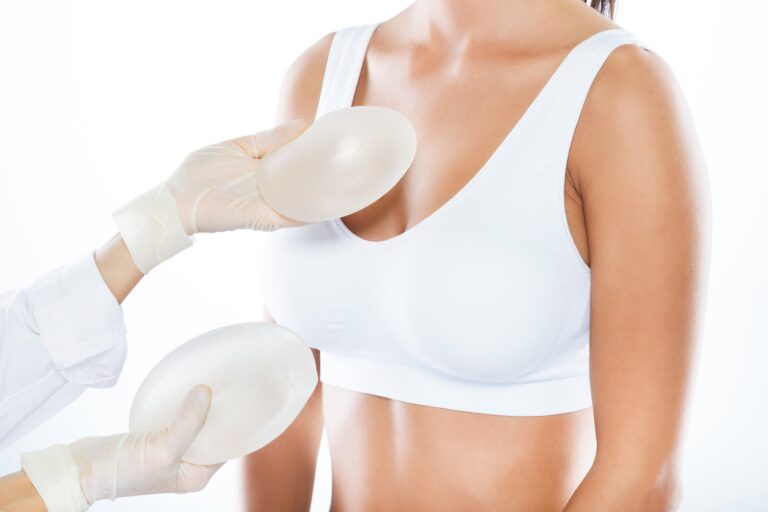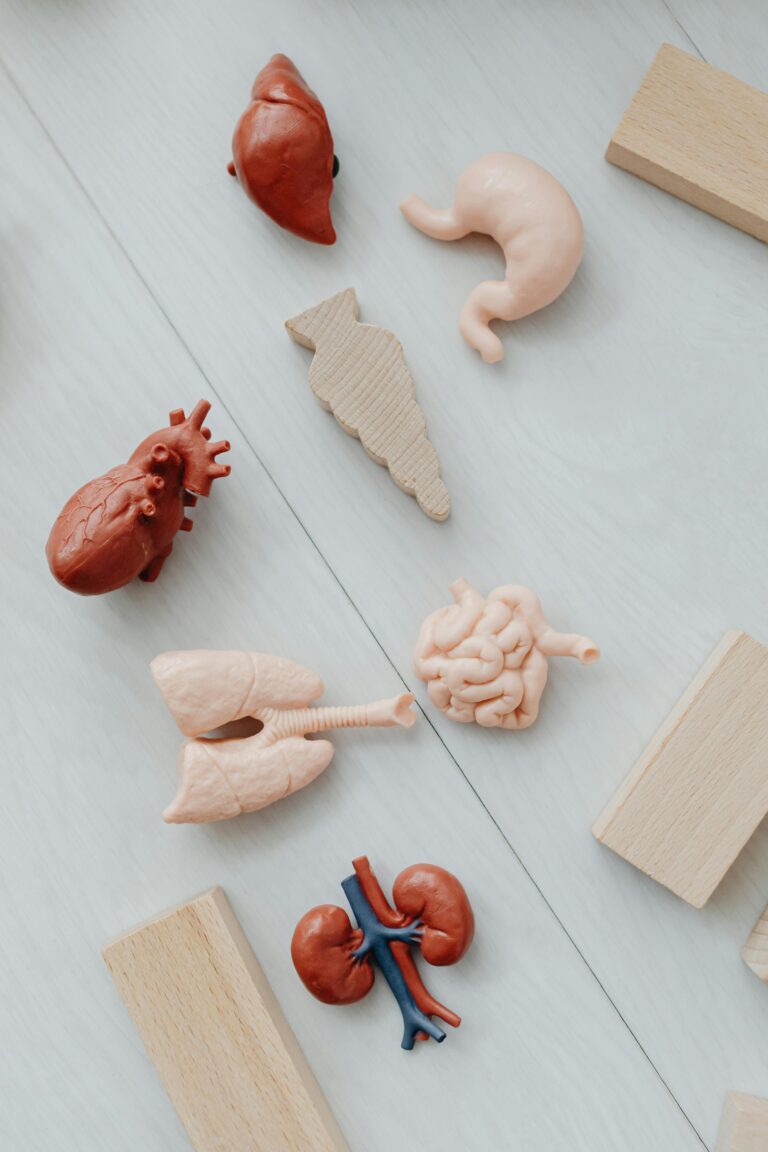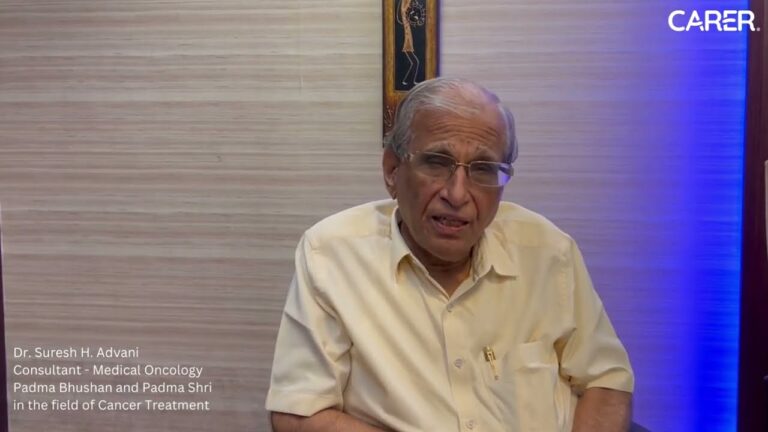Breast Prosthetics and Quality of Life: Regaining Confidence After Mastectomy

breast prosthetics and implants
Breast cancer is a tough journey, and for many women, a mastectomy (surgical removal of the breast) can be just as emotionally challenging as the disease itself. Losing a breast can affect self-confidence, body image, and even relationships. Many women feel less feminine, avoid social situations, or struggle with intimacy after surgery.
But the good news is? Breast reconstruction surgery and breast prostheses are two options for regaining your sense of self. Let's examine how these choices can enhance post-mastectomy quality of life.
How Mastectomy Affects Emotional Well-Being
- Loss of confidence—Many women feel less attractive and feminine, especially in the eyes of their partner, which may result in psychological problems after surgery.
- Strained relationships—Some avoid intimacy due to body image concerns.
- Social withdrawal—Depression and anxiety are common after mastectomy.
Coping Strategies
- Stay positive—one of the ways to do this is to think about how mastectomy protected your life from cancer.
- Talk openly—communication with your partner helps maintain a healthy relationship.
- Focus on health – Eating well and staying active can boost mood and confidence.
- Consider reconstruction or prosthetics—restoring breast shape can help you feel whole again.
Breast Reconstruction: What Are the Options?
Reconstruction surgery rebuilds the breast using:
- Implants—Silicone or saline-filled inserts placed during or after mastectomy. This can be done at the time of the mastectomy (which is called immediate reconstruction), or it can be done after the mastectomy incision has healed and breast cancer therapy has been completed (which is called delayed reconstruction). Delayed reconstruction can happen months or even years after the mastectomy.
- Tissue flap procedures—Using skin and fat from the abdomen, back, or thighs to create a natural-looking breast. Side effects that you might face: Infection, pain, itching, numbness or tingling sensation, fluid collection, etc.
Things to know:
- Reconstruction doesn’t restore full sensation.
- Implants may need replacement over time.
- Surgery has risks like infection or pain.
Breast Prosthetics: A Non-Surgical Alternative
Prosthetics are artificial breast forms that fit into special bras. They’re a great option for women who don’t want surgery.
Types of Breast Prosthetics
- Lightweight foam prosthetics—comfortable for recovery and swimming.
- Silicone prosthetics—look and feel more natural for everyday wear.
- Custom-made prosthetics—designed to match your body perfectly (more expensive).
Benefits:
- No surgery required
- Easy to adjust or replace
- Helps clothing fit naturally
Do These Options Improve Quality of Life?
Yes! Studies show:
- 83% of women felt happier with their appearance after reconstruction.
- 88% reported better emotional well-being.
- 81% saw improvements in their sex life.
Which Option Is Right for You?
Every woman’s journey is different. Some prefer the permanence of reconstruction, while others like the flexibility of prosthetics. The best choice depends on your health, lifestyle, and personal preferences.
Next Steps
- Talk to your doctor—discuss risks, benefits, and what feels right for you.
- Connect with survivors – Support groups can help you make an informed decision.
- Take your time—there’s no rush. Choose what makes you feel confident.
Whether you choose reconstruction or prosthetics, both options can help restore confidence and improve your quality of life. You’ve already fought a hard battle—now it’s time to focus on feeling like you again.









